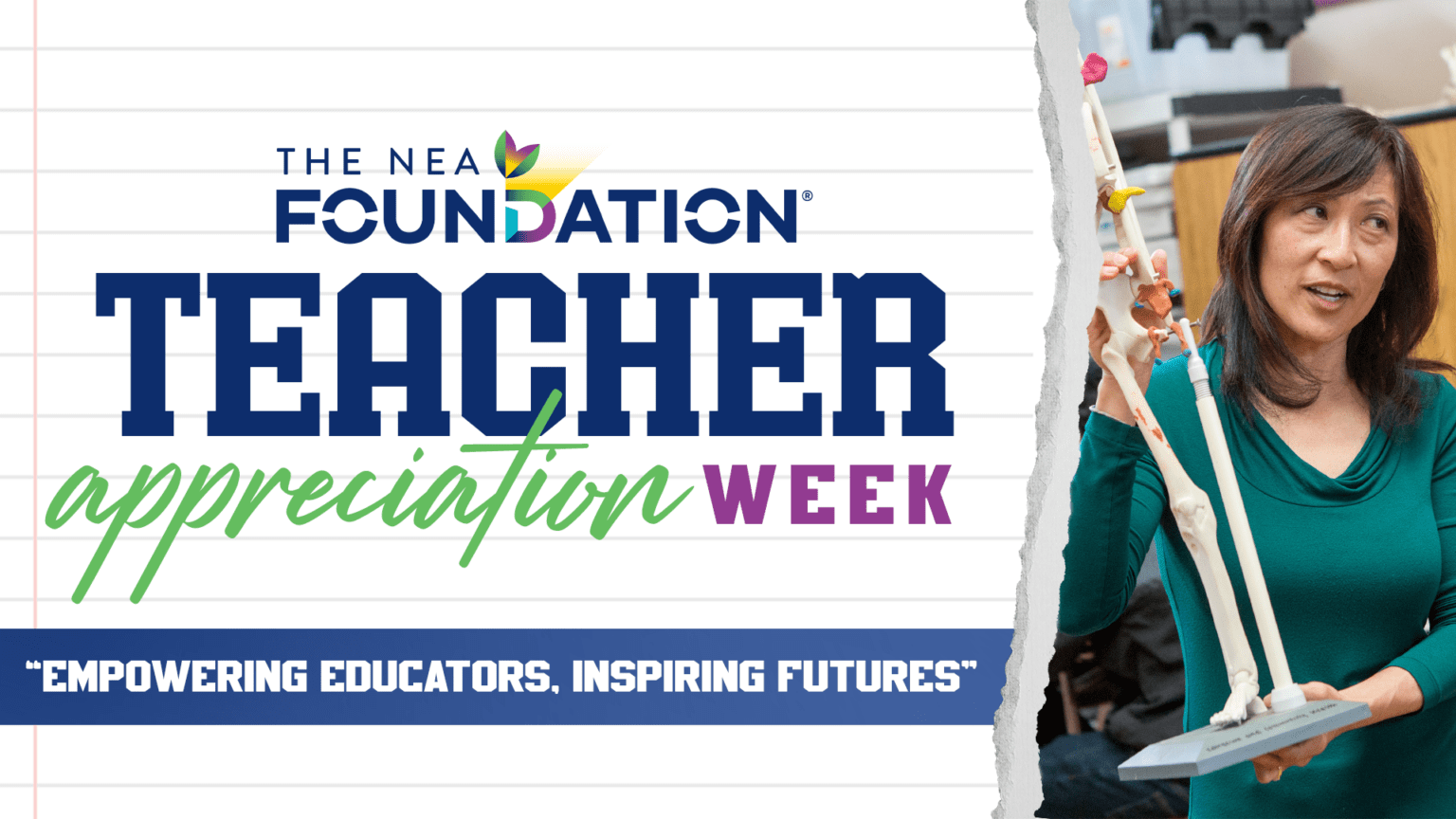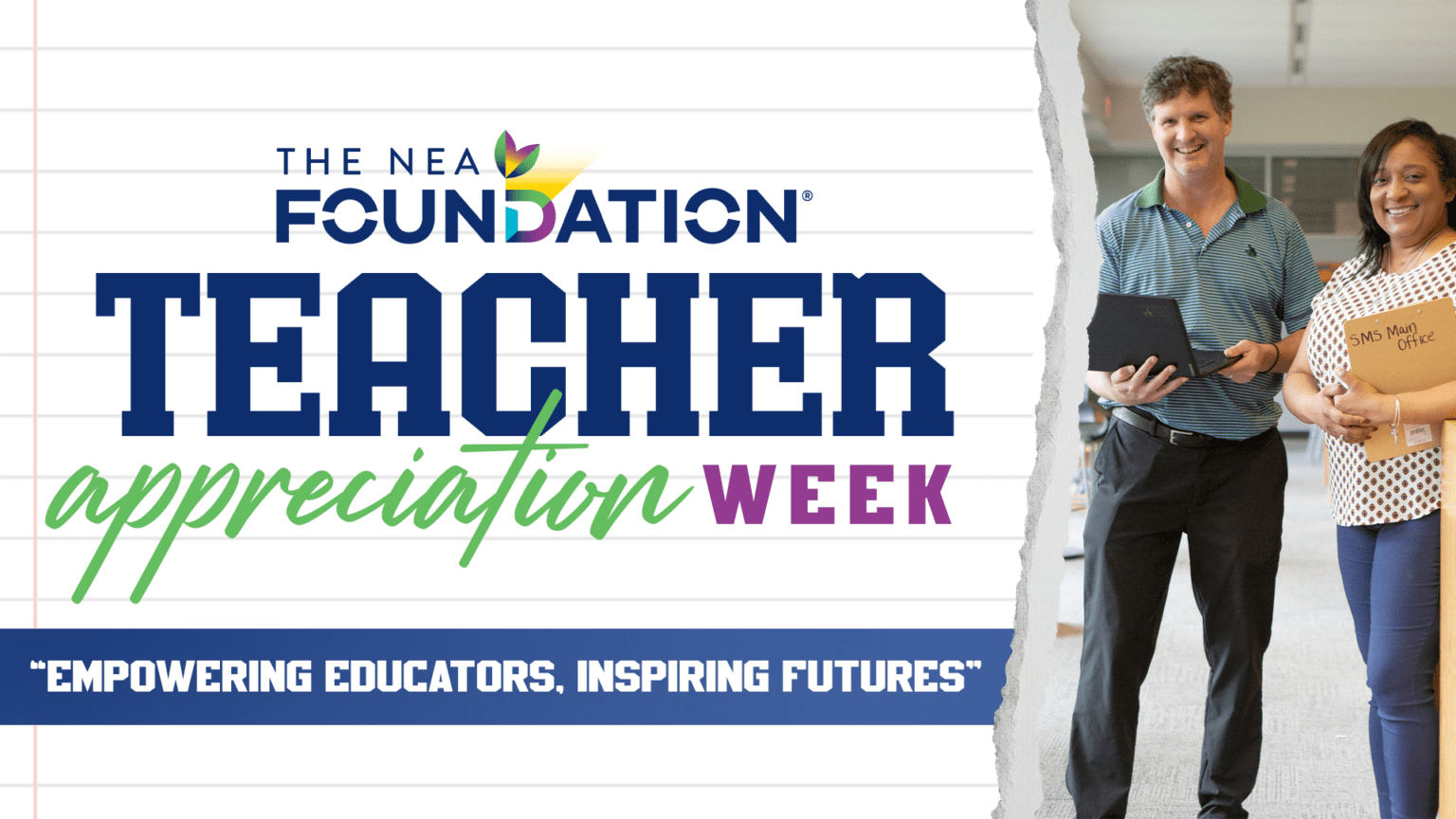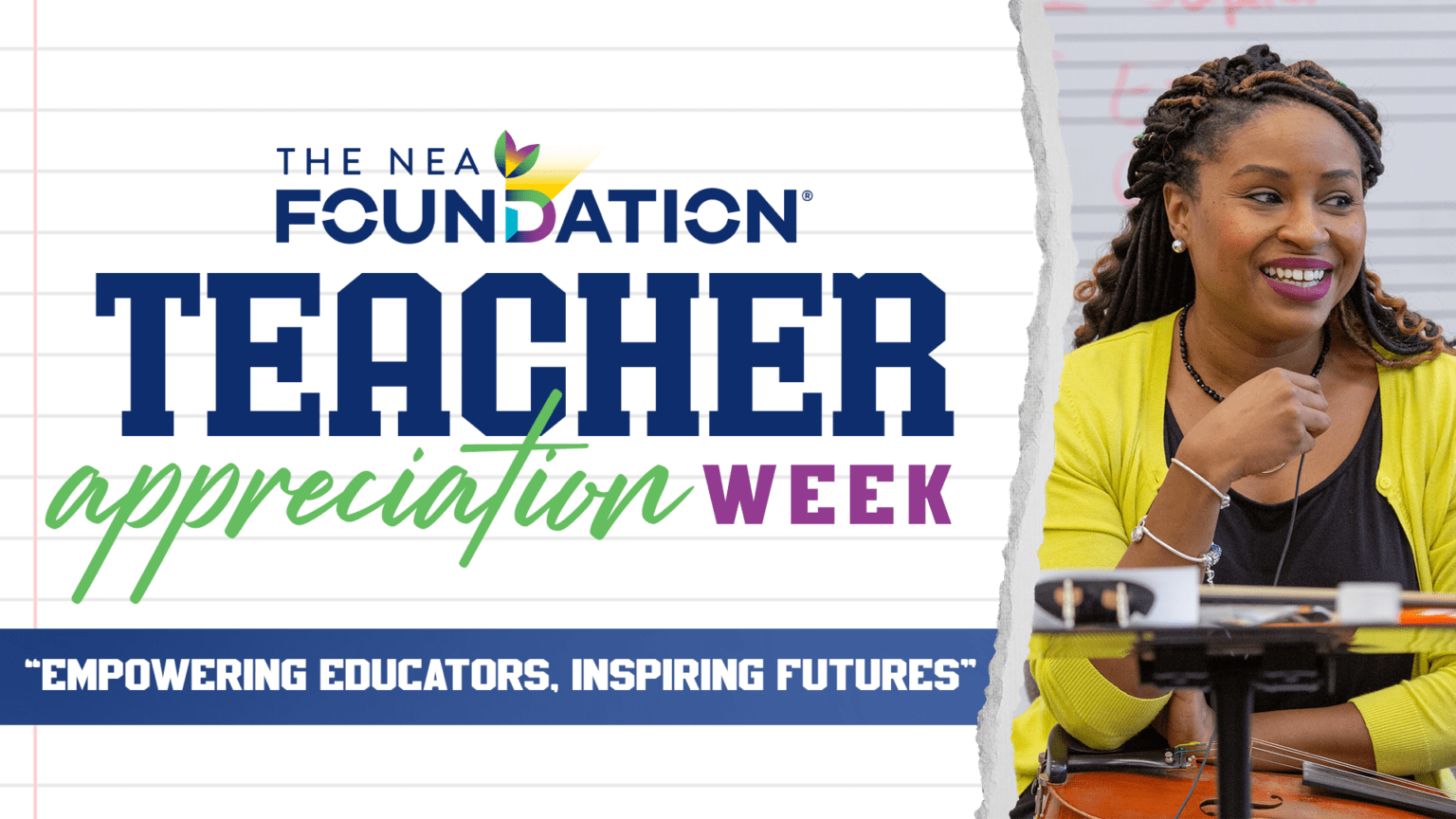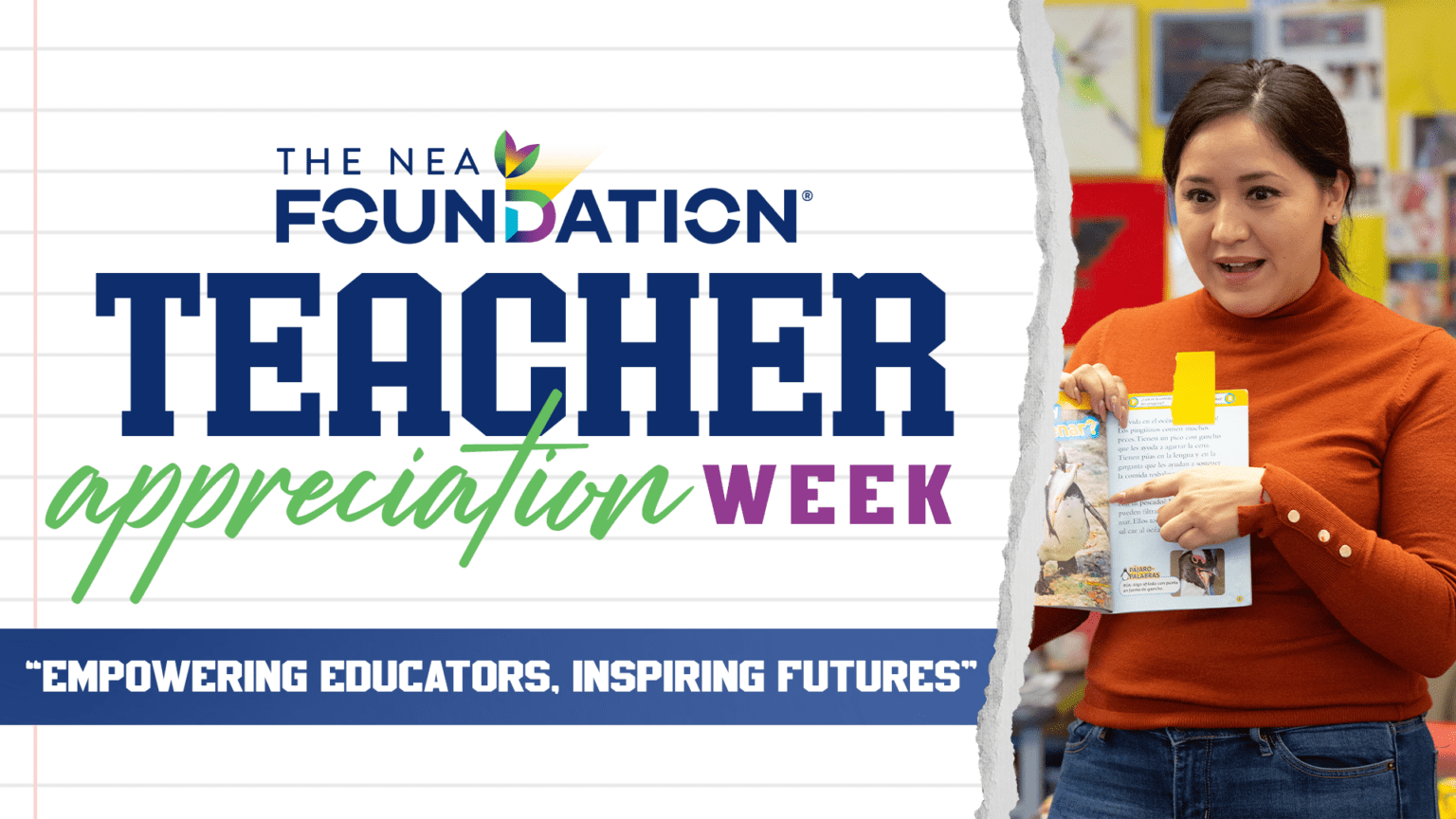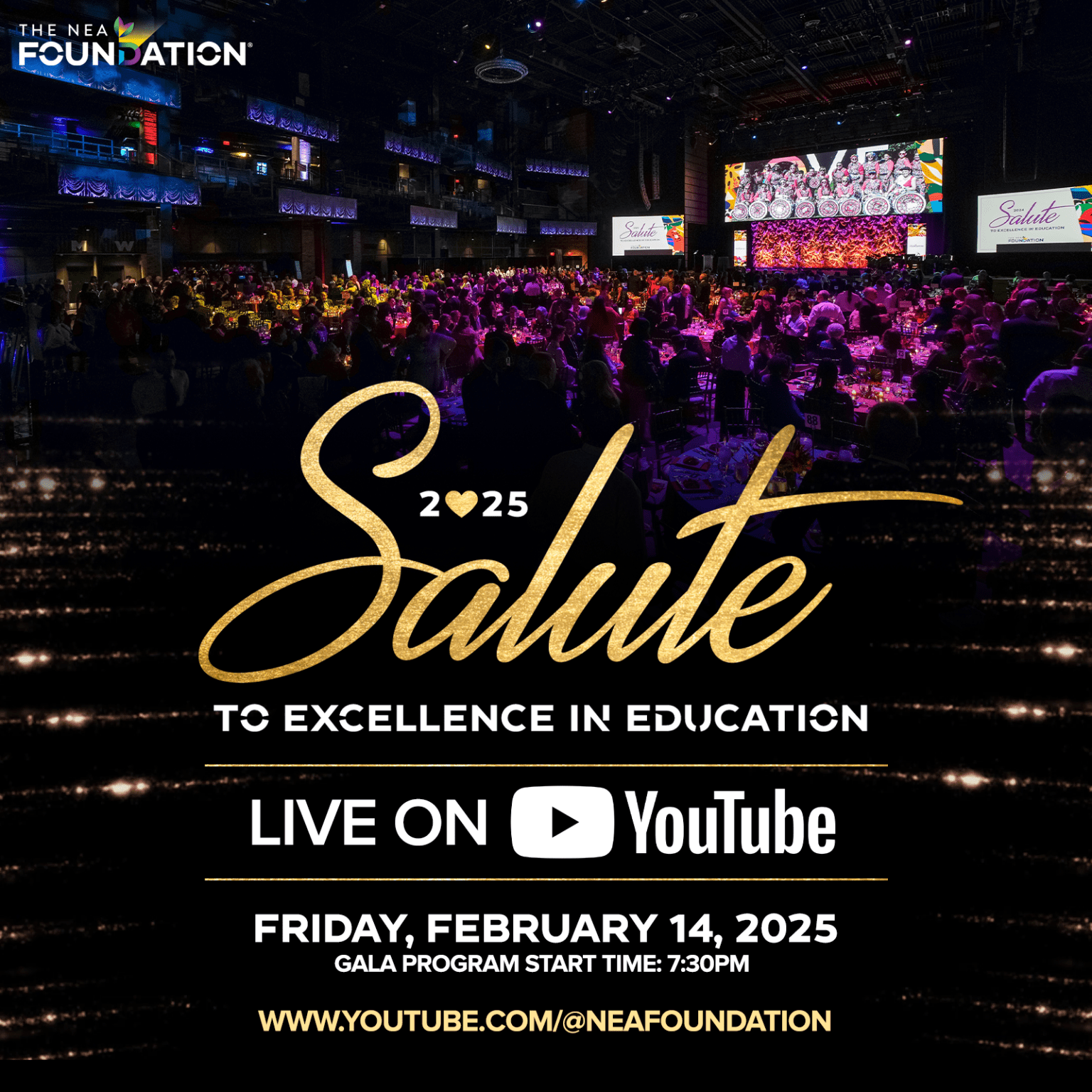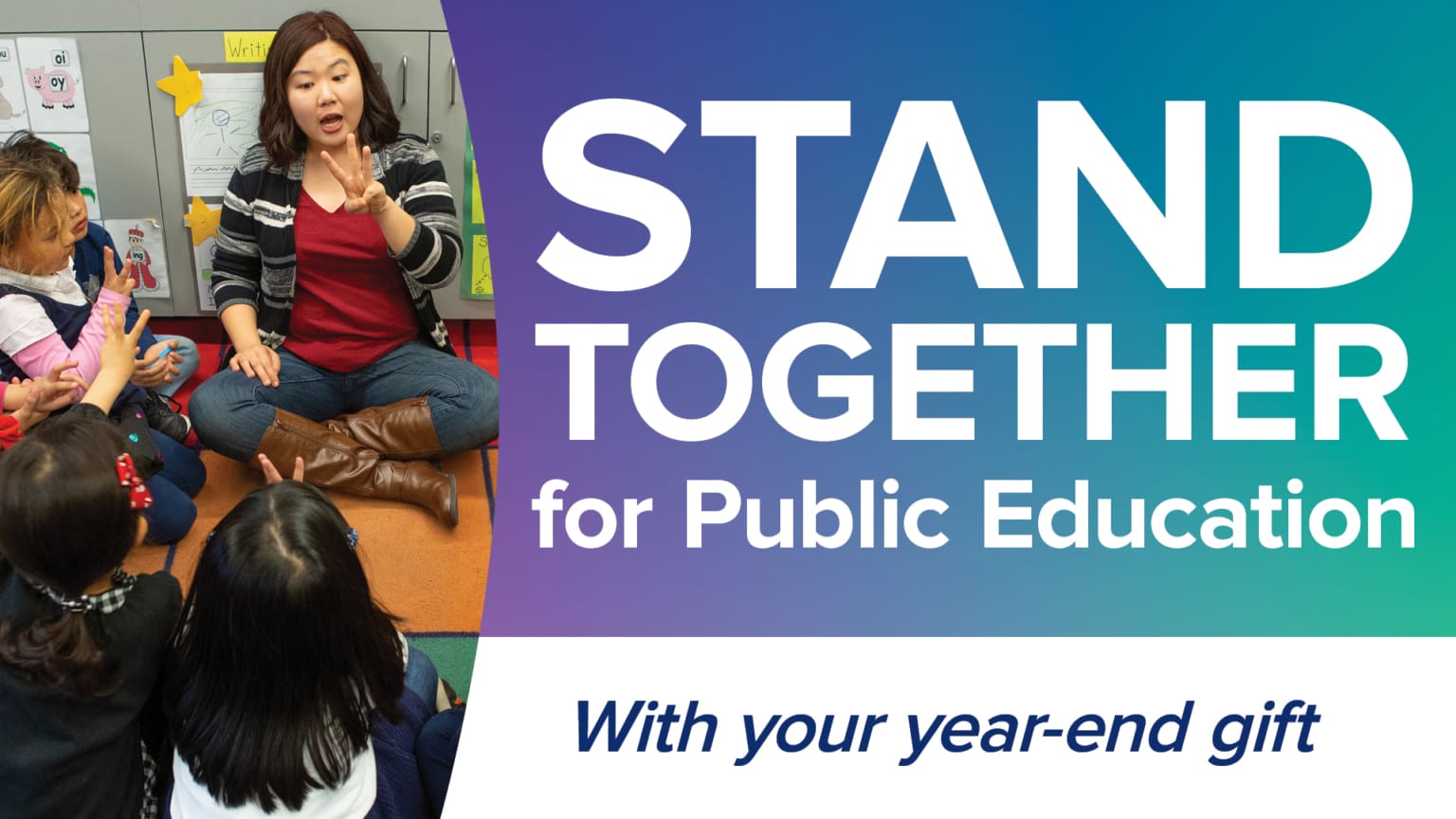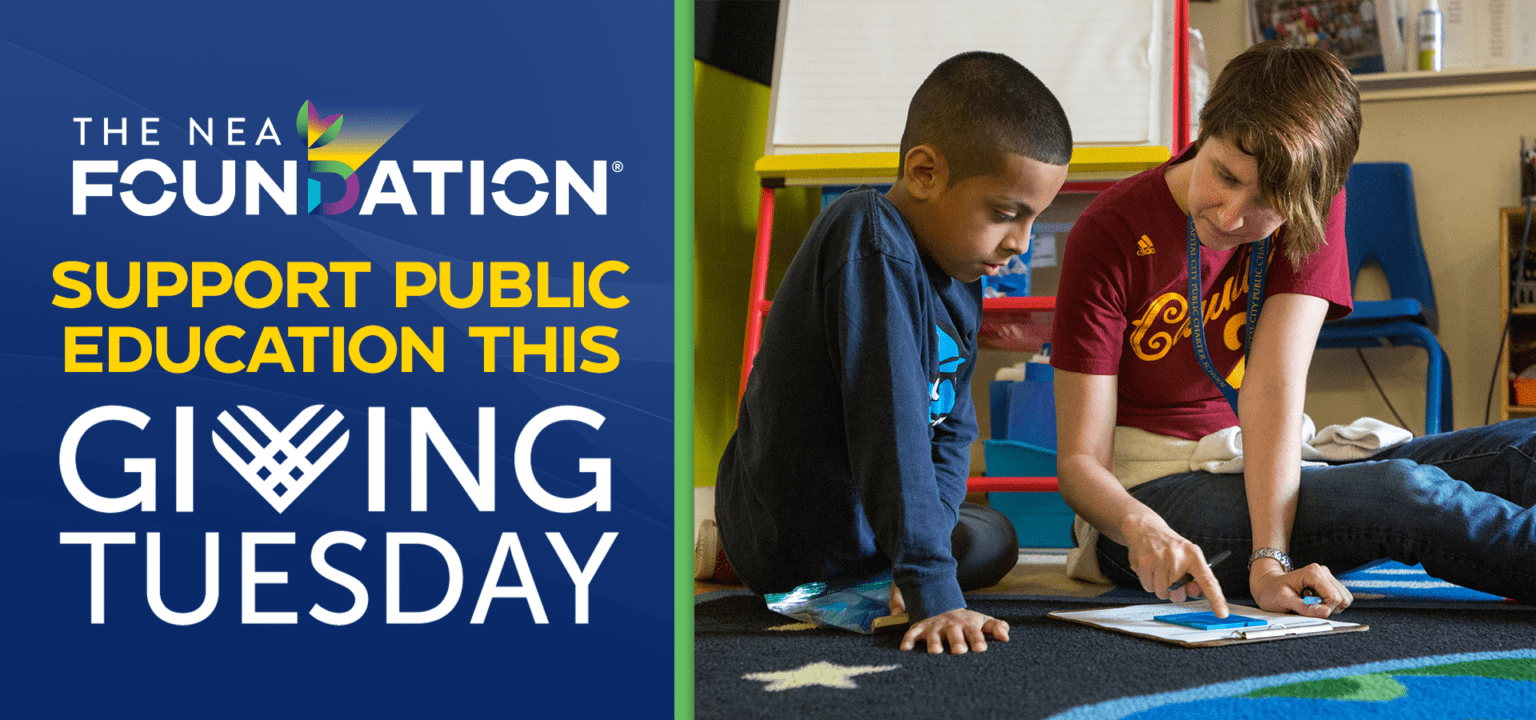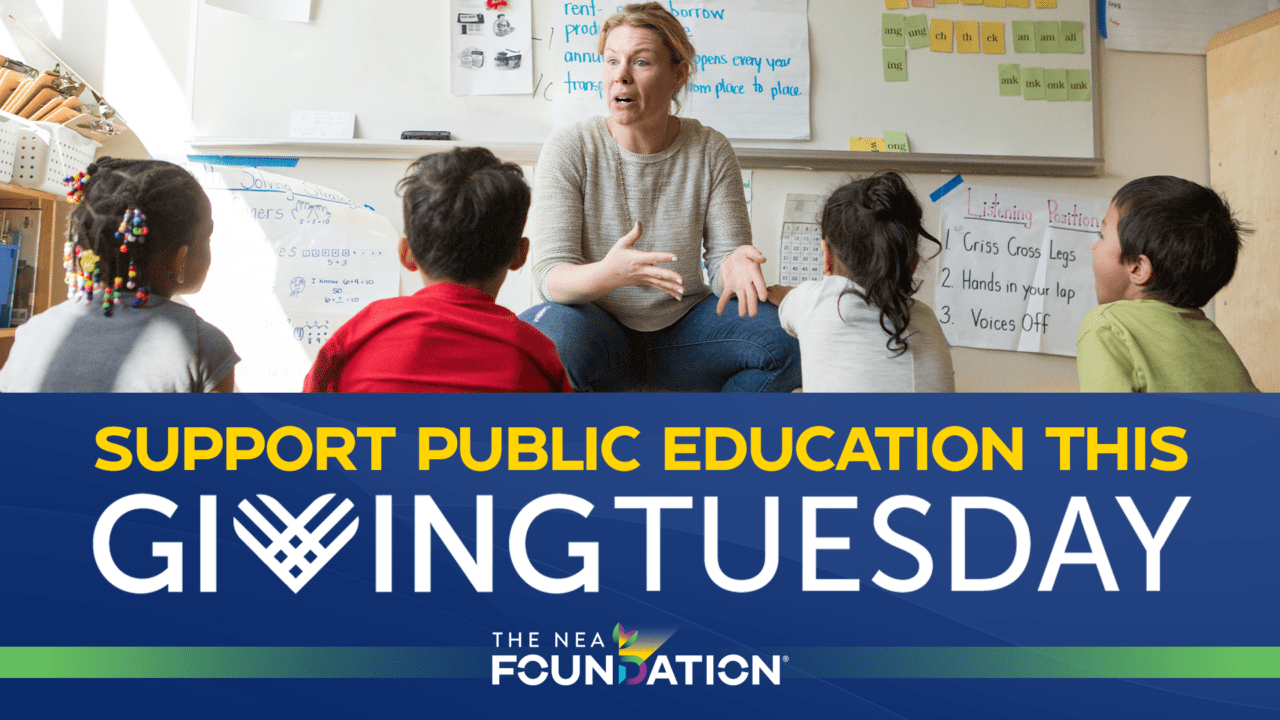How a social studies teacher connected Brazil’s political unrest with history’s past struggles to help students learn.

By Josh Stumpenhorst, (pictured, above, third from the right) a 2013 NEA Foundation-Pearson Foundation Global Learning Fellow and a member of the Illinois Education Association.
In June 2013, 36 educators completed international field study in São Paulo and Rio de Janeiro, Brazil as the 2013 Pearson Foundation Global Learning Fellows. Upon returning, they created lesson plans, unit plans, and full curriculums integrated with global competency skills. To replicate these in your classroom and to discover new, global lesson plan ideas created by the Fellows, check out their open-source materials on our network page on BetterLesson.com.
While traveling in Brazil this past summer, I was faced with the reality of political unrest and how it affects real people. By real people, I mean the students and teachers that we talked to in real life, rather than stories in the pages of a textbook. Our group arrived as political unrest unfolded in Brazil, and we were able to interact with Brazilian students and teachers who participated in those events. It was a primary source unlike any I or many of the other teachers had ever encountered. It was a sobering reminder about the human aspect of the stories many of us only read about in a newspaper or in a classroom textbook.
In thinking about designing my unit plan, “Global Unrest,” I wanted to bring the experiences I had in South America into my classroom and make that connection. As a social science teacher, it is far too easy to get wrapped up in dates and facts while losing sight of the human struggle often underlying these events. For me, I wanted to bring the stories of the students I met and connect them with struggling humans throughout the history we study. When we talk about the Roman Plebeians rebelling for their rights and equal treatment, I want students to think of the Brazilians I met and their struggle. For history to be relevant in a child’s mind there has to be a connection to their world and in many cases that is a stretch.
Paramount to this entire unit and my experiences is the notion of global awareness. It is important to study history not so much for the historical facts, but rather the connection to modern day contexts. Students have to be aware of issues happening around globe as many of them have played out in history numerous times before. It is through this process of becoming globally aware that we become globally competent. All learning is about exposure. Teachers expose students to content and learning opportunities. The more experiences we can expose our students to will ultimately increase their knowledge, wisdom and overall understanding of the world. If students are going to be active members within a global society they must be globally competent and the notion of political unrest has and will be a central piece to that puzzle.
Check out Josh’s full unit plan on BetterLesson.com.

